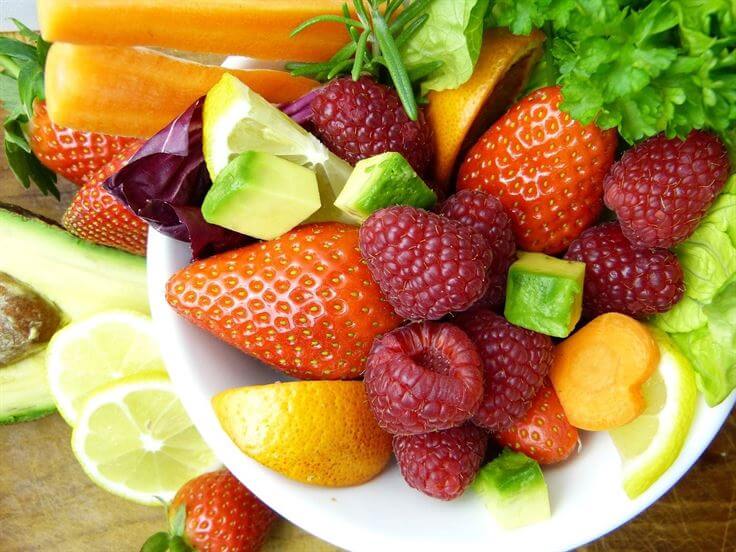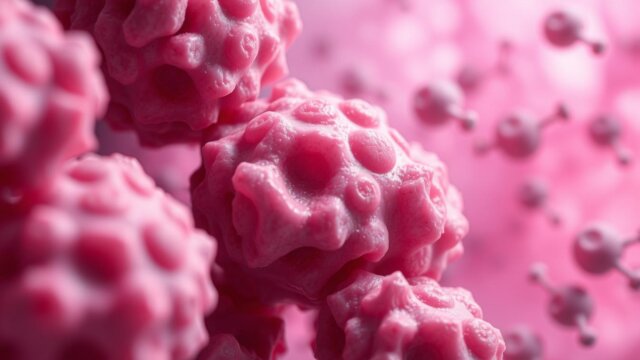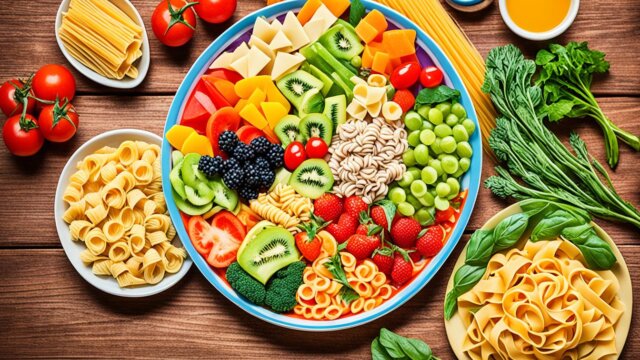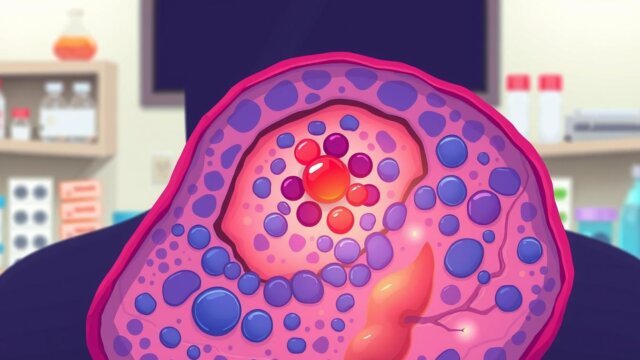FTC disclaimer: This post may contains affiliate links and we will be compensated if you click on a link and make a purchase.
Would you like to know how to alleviate and prevent sinus infection with diet and nutrients? Are you looking for more comfortable and natural ways to stop sinus infections?
A proper diet rich in vitamins and minerals is your best defense against sinus infection and congestion.
So, food is the most natural and effective way to fight against sinus infection and boost the immune system.
Sinusitis is a painful condition that leads to irritating symptoms such as sinus headaches, trouble breathing, stuffy nose, facial pain, and fatigue.
While sinus medication can have other irritating side effects, the simple solution is to incorporate nutrient-rich foods to heal sinus infections.
Taking good nutrient-rich food will relieve you from sinus congestion and pain and prevent you from inflammation.
Moreover, researchers have also proven that some foods can cure your sinus infection at the initial stage.
Also, a nutrient-rich diet can prevent your sinuses from getting worsen.
Here, we will look for the best foods for sinus infection and what foods to avoid for sinus infection.
Best Immune-Boosting Foods for Sinus Infection
Eat raw garlic
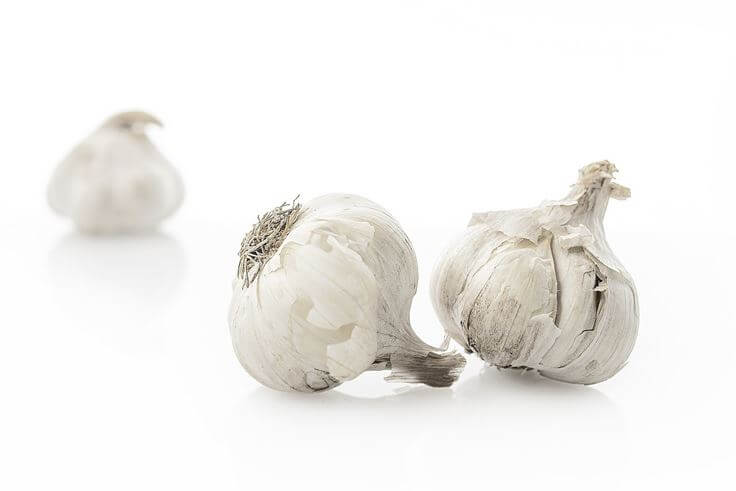
Garlic has anti-bacterial and anti-fungal properties that can alleviate sinus congestion.
Moreover, it can stimulate your nasal passages and help you clear blocked sinuses. If you have deep sinus infections, crushed garlic will speed up your healing process.
As per the clinical study, garlic properties are very useful in preventing or treating sinus infections.
Another study has shown that garlic contains a compound called Allicin, which has anti-inflammatory properties that prevent sinusitis.
How to eat garlic to cure sinus infection?
Eating raw garlic is an effective way to cure sinus infections. But, if you don’t like eating raw garlic, you can add raw garlic to dressing, sauces, or sauteed vegetables.
You can also add garlic to your soups as well.
Additionally, you can take garlic or allicin supplements if you don’t like to eat raw garlic.
Spice up with raw onions
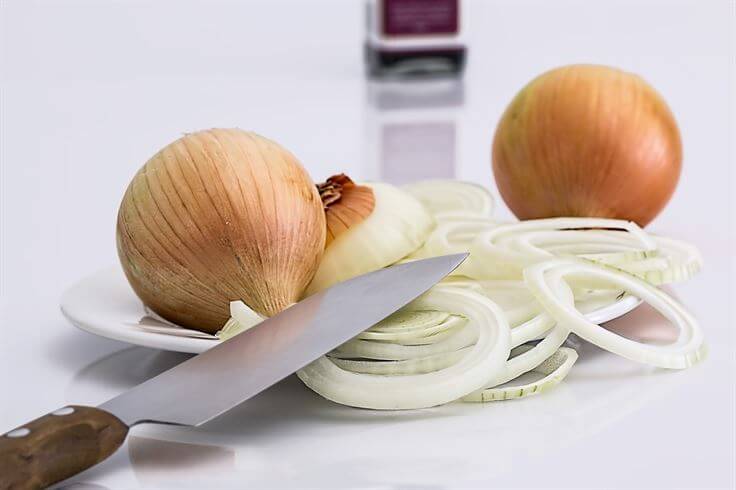
Raw onions naturally help in the opening and draining of sinuses.
It contains a compound called quercetin that has anti-histamine properties—this property aids in reducing nasal congestion and sinus inflammation.
According to the study, quercetin inhibits the production and release of histamine. In contrast, histamine is responsible for allergy symptoms such as a runny nose or blocked nose, watering eyes, shortness of breath, and coughs.
Moreover, another study has shown that quercetin suppresses nitric oxide production responsible for the development of allergic diseases.
How to eat raw onions?
You can eat raw onions with salads or add them to your sandwiches.
For more results, you can purchase quercetin supplements.
Spice up your meals with Cayenne pepper
Cayenne pepper is one of the best food for sinus infections. It is native to Central America and is used to spice up Latin American dishes.
Cayenne pepper naturally contains an active compound called capsaicin, which gives pepper its fiery taste.
Moreover, capsaicin is very useful in inhibiting sinus pain and helps in reducing nasal congestion.
One study has reported that capsaicin is very useful in suppressing Rhinitis symptoms such as nasal congestion, postnasal drip, and sneezing.
Another study has shown that capsaicin reduces sinus inflammation, enhances immunity, and helps open nasal passages.
How to use cayenne pepper?
You can add 1-2 teaspoons of cayenne pepper to your herbal tea. If needed, you can sweeten it with manuka honey.
Also, you can purchase capsaicin or cayenne supplements or capsaicin nasal sprays.
Incorporate ginger in your meals
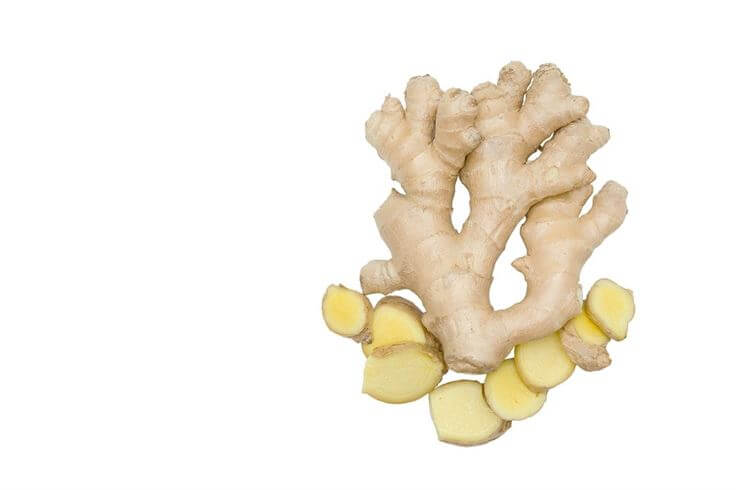
Ginger has anti-inflammatory properties that stimulate your immune response to sinus inflammation.
Moreover, ginger contains a bioactive compound called gingerol that has potent anti-inflammatory and antioxidant properties.
It will prevent sinus infection formation and allergic diseases.
A recent study has shown that consumption of gingerol has reduced the severity of sneezing and mucus formation.
How to use ginger for a sinus infection?
You can take hot ginger tea or add it up to your meals.
Alternatively, you can take ginger root supplements.
Add turmeric to your meals.
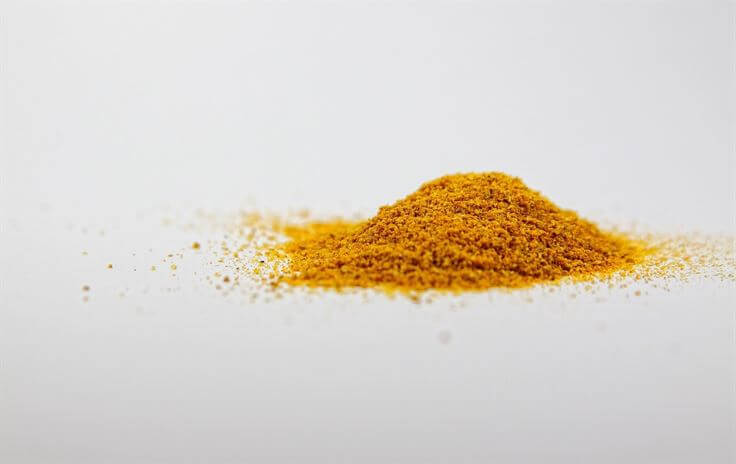
Turmeric has anti-inflammatory benefits and is one of the famous foods to heal your sinus infection.
According to the study, turmeric contains an active yellow phenolic compound called curcumin that reduces sinus inflammation and control sinus infection.
How to use turmeric?
You can add turmeric to your food. Also, you can prepare herbal tea by adding one teaspoon of turmeric to it.
Intake of salmon or tuna
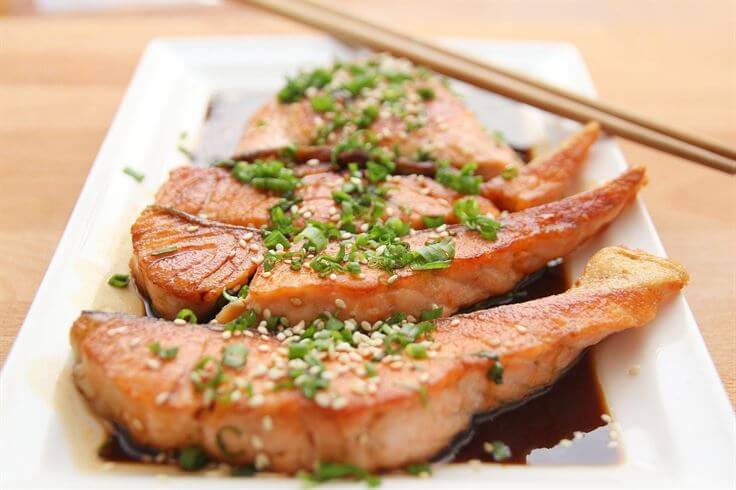
Salmon or tuna are fatty fish that contain the right amount of omega-3 fatty acids.
Omega-3 fatty acids are count in as essential fatty acids that have anti-inflammatory properties. Consumption of these oily fish can reduce inflammation and helps in alleviating the allergy-related condition.
According to the study, omega-3 fatty acids’ intake has helped reduce sinus congestion and alleviate sinus symptoms.
Additionally, the intake of omega-3 fatty acids food will help in thinning mucus and increase immune response.
How to take omega-3 fatty acids?
You can take omega-3 fatty acids from foods like salmon, albacore, tuna, sardines, halibut, and mackerel fatty fish.
You can also purchase omega-3 fatty acids fish oil as supplements.
Eat more Pineapple
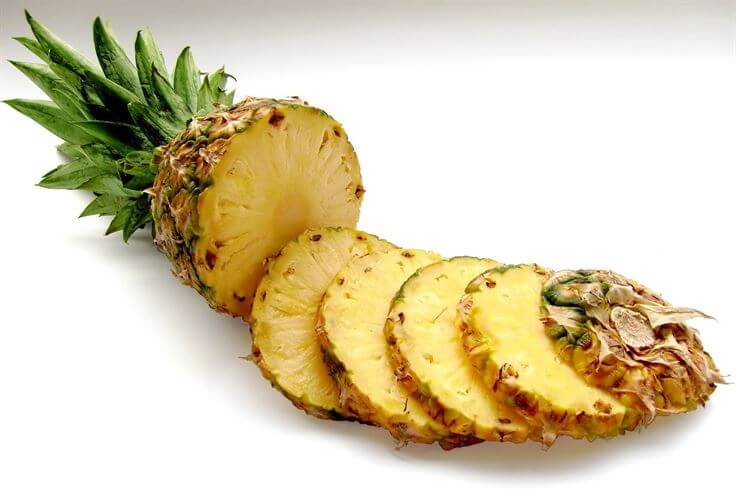
Pineapple contains a full antioxidant that breaks down mucus and removes in-build bacteria in your sinuses.
It also protects your mucus membranes from sinusitis symptoms. Moreover, it reduces inflammation and pain caused by a sinus infection.
Pineapple contains an enzyme known as bromelain that reduces nasal mucus associated with a sinus infection.
It also relieves you from swelling and inflammation caused by sinusitis.
Moreover, pineapple juice is also useful in a sinus infection. The nutrients in pineapple juice soothe sinus symptoms or sinus pain.
If required, you can also take bromelain supplements.
Include horseradish in your diet
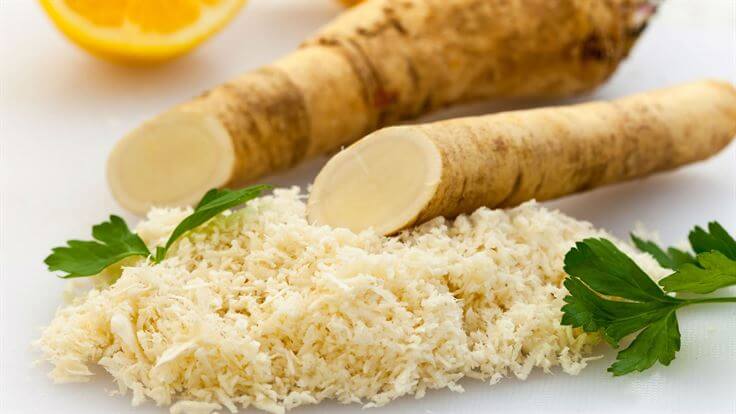
Horseradish is an integral part of folk medicine and is native to Russia and Hungary. It is quite popular in a condiment and also has a much longer history as a medicine.
Herbalists use horseradish roots and leaves for centuries to treat sinusitis, asthma, arthritis, and cancer.
Moreover, horseradish contains compounds such as glucosinolates and isothiocyanates.
These compounds help to fight against bacterial and fungal infections and also improve any breathing problems.
It stimulates mucus drainage and eases sinus pressure. Also, it reduces the inflammation of frontal sinuses and helps in the opening of blocked sinuses.
In a recent study, it is effective in reducing the symptoms of acute and chronic rhinosinusitis in children and the adult population.
However, when you eat, it has a tingling sensation in your nasal area and reduces mucus secretion.
Citrus fruits such as strawberries, oranges
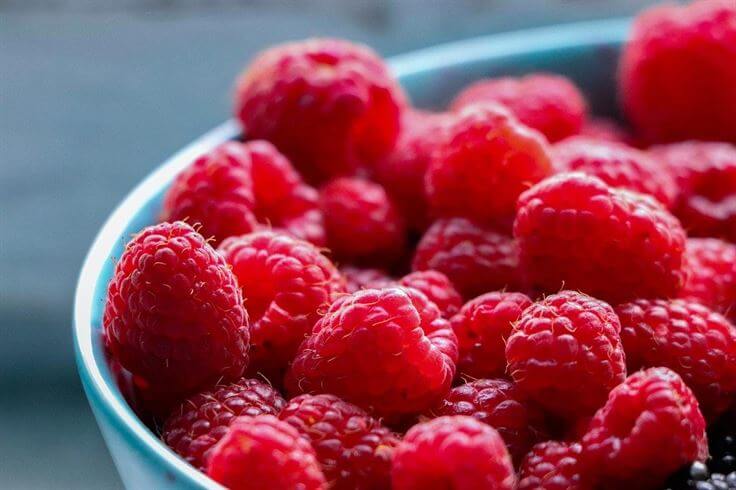
The citrus fruits, such as strawberries and oranges, contain the right amount of vitamin C.
Vitamin C is a type of antioxidant that alleviates the symptoms of sinus infection and also counteracts histamine.
Thus, it helps in reducing inflammation, sneezing, runny nose, and other related symptoms.
A recent study revealed that taking vitamin C rich foods would reduce chronic inflammation and allergic responses.
What are good sources of vitamin C?
Citrus fruits such as orange, strawberries, lemon, guava, kiwi, and grapefruit are good vitamin C sources.
Moreover, some vegetables such as broccoli, capsicums, cauliflower, and Brussel sprouts are rich in vitamin C.
Drink herbal tea
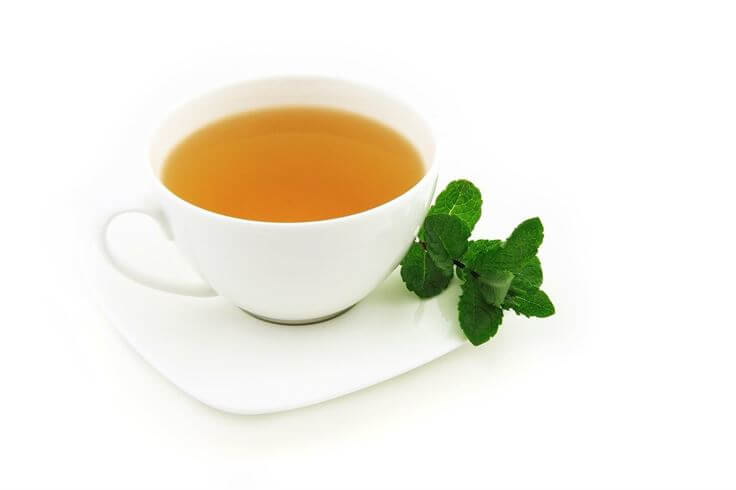
Herbal teas are a natural way to lessen mucus formation and get relief from a sinus infection.
The herbal tea has the right amount of antioxidants that fight against Infection. Also, it supports your immune system, defensive to any Infection, and assists your body in self-healing.
It would be best if you always looked for an ingredient such as peppermint, ginger, licorice, and eucalyptus in your herbal tea.
Moreover, licorice is an essential herb for sinus infection that has both antimicrobial and anti-inflammatory properties.
It also assists your respiratory system in eliminating excess mucus and in breaking up congestion.
Also, eucalyptus antiviral and anti-bacterial properties help in clearing sinus congestion fast and naturally.
How can herbal tea help in sinus infection?
Inhaling vapors while sipping herbal tea can reduce congestion and can alleviate nasal inflammation.
Moreover, drinking herbal tea can speed up nasal drainage and heal your mucus membrane.
What is the best herbal tea to drink for sinus infections?
The most popular herbal tea contains chamomile, peppermint, eucalyptus, holy basil, wild thyme, licorice, and ginger.
Additionally, adding a few drops of lemons to your tea will help in thinning mucus.
You can try different herbal teas from here.
Food to avoid during Sinus Infection
Generally, all types of unhealthy food are harmful during a sinus infection. All these unhealthy foods will worsen your sinus infection.
The most common unhealthy foods include fried foods and processed foods. The processed foods are white sugar, white flour, carbohydrates, processed meats, and MSG containing foods.
Foods that cause sinus congestion
Dairy products, such as milk and coffee, would worsen sinus infection cases.
If you are prone to a sinus infection, then dairy products will thicken your mucus and promote microbial growth.
Food allergies that cause sinus problems
It would help if you also looked for foods that trigger allergies.
A report has suggested that food allergies may increase mucous production and inflammation in the sinuses. It can lead to sinuses symptoms such as sinus pressure or postnasal drip.
While food allergies are not confined to certain foods, irrespective of what you eat, it depends upon individual health conditions and present medical reports.
The bottom line:
Adding proper food to your diet is an excellent solution to alleviates your sinus symptoms.
You can go through the above listed best foods for sinus infection. It can help you in the treatment of sinus infections and heal you from sinusitis.
If your sinus infection persists for a longer time, then the doctor may prescribe you antibiotics. But, taking antibiotics may do much more harm than good to your body.
You can take antibiotics only when it is of utmost necessity. Most of the cases don’t need antibiotics at all to treat sinus infections. It is always good to consult your doctor in some unlikely situation.
Also, most of the sinus infection responds well to natural remedies. In the initial stage of sinusitis, you should go through the home remedies necessary to treat sinus infections.
Remember, natural remedies are effective, affordable, and easy to do in the comfort of your home.
